Getting new Apple hardware can be an exciting experience, but for customers who are finally switching from an Intel Mac, the experience is a little different than a simple upgrade. The recently released MacBook Pro with the M3 chip is filled to the brim with changes.
Even if you’ve been using an older M-series MacBook, there are still a few surprises. For users new to the M3 MacBook Pro experience, let’s take a look at what’s in store, from the hardware at your fingertips to the software you use. If you haven’t made a purchase yet, these tidbits can help you decide what model to get. And if you already have one, I’ll cover a few things to help you get the most out of the laptop. (For a deep dive on the M3 Max MacBook Pro, read Macworld’s 16-inch MacBook Pro (M3 Max) review.)
M3 MacBook Pro: Space Black
You have likely seen it by now: Apple offers a brand-new Space Black color option on the new MacBook Pro. What you may not be aware of is that it is only available on certain models. MacBook Pro models with the M3 Pro and M3 Max both have the Space Black color option, but it is curiously missing from the base M3 laptop.
Apple offers Space Gray and Silver on M3 MacBook Pros. Space Black and Silver are on the higher-end models–there’s no Space Gray option. The Space Black option also includes a neat color-matching MagSafe cable.
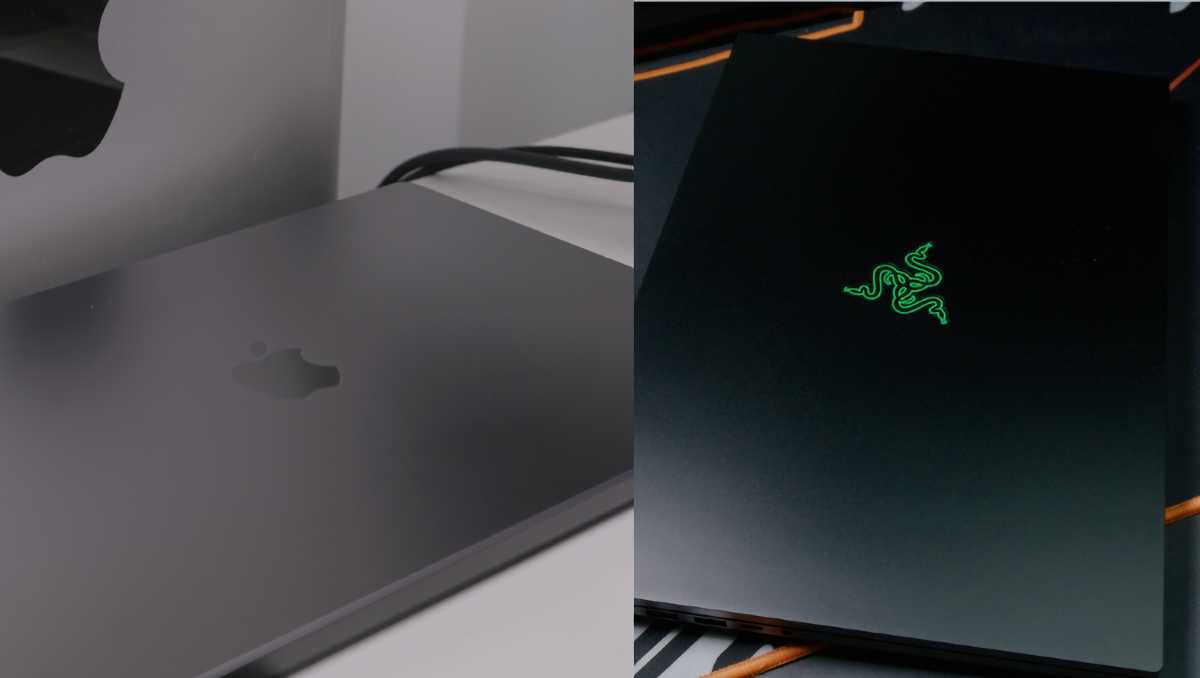
The MacBook Pro’s Space Black (left) is lighter than black Windows laptops like the Razer Blade 16 (right).
Thiago Trevisan
Another surprising tidbit when first unboxing the Space Black MacBook Pro: It’s not all that dark of a color. Observed next to a Razer Blade 16 Windows laptop, and the shade difference is substantial. Matte black aficionados may be disappointed here, but it is still a gorgeous laptop.
How does the Space Black finish hold up to everyday usage? I’ve been actively using the Space Black MacBook Pro, slinging it in a backpack on my travels, and it has held up well without any scratches or marks. According to Apple, a “special chemistry” was used to form an “anodization seal” for Space Black. The keyboard does seem to pick up finger smudges, but that’s true on most laptops.
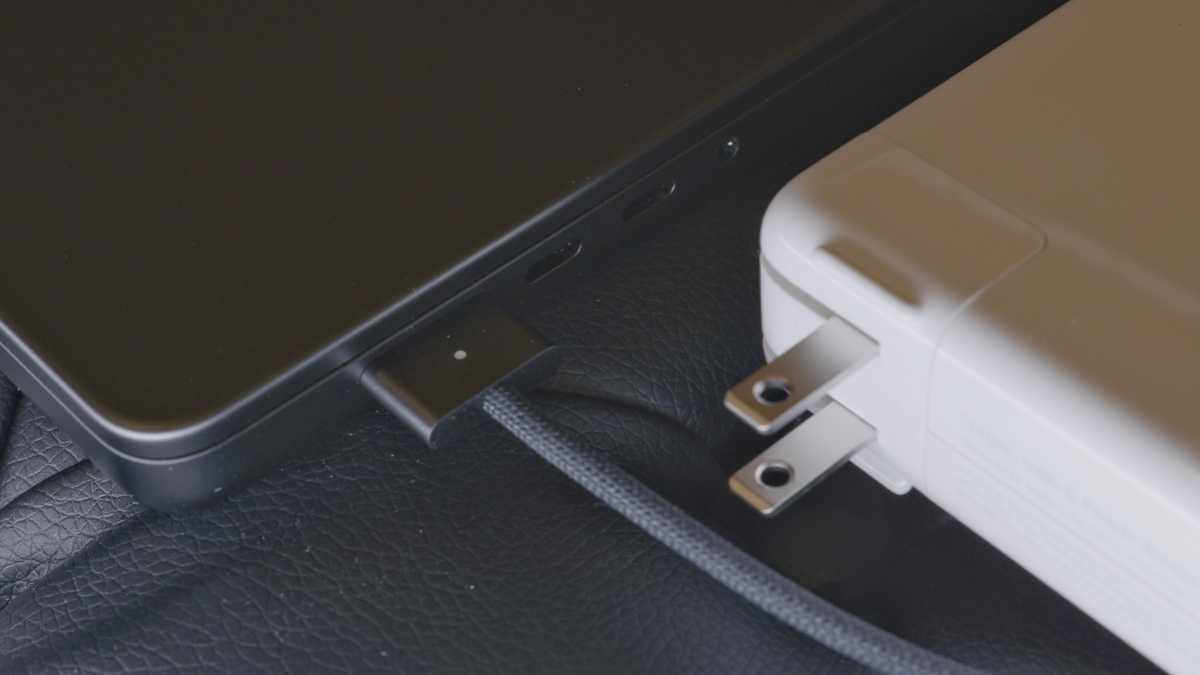
With the Space Black MacBook Pro, Apple includes a matching MagSafe charging cable.
Thiago Trevisan
M3 MacBook Pro: Keep it unplugged
When it comes to the battery life, new owners of the M3 MacBook Pro may be in for quite a shock if they’ve upgraded from an Intel MacBook or a Windows laptop. Achieving 20-plus hours of unplugged operability is not uncommon, as owners of previous Apple silicon MacBook Pro models can attest to.
What’s even better is the ability to use the laptop with no performance loss while on battery. This is something unique to Apple silicon–Windows machines cannot replicate this same level of consistency.
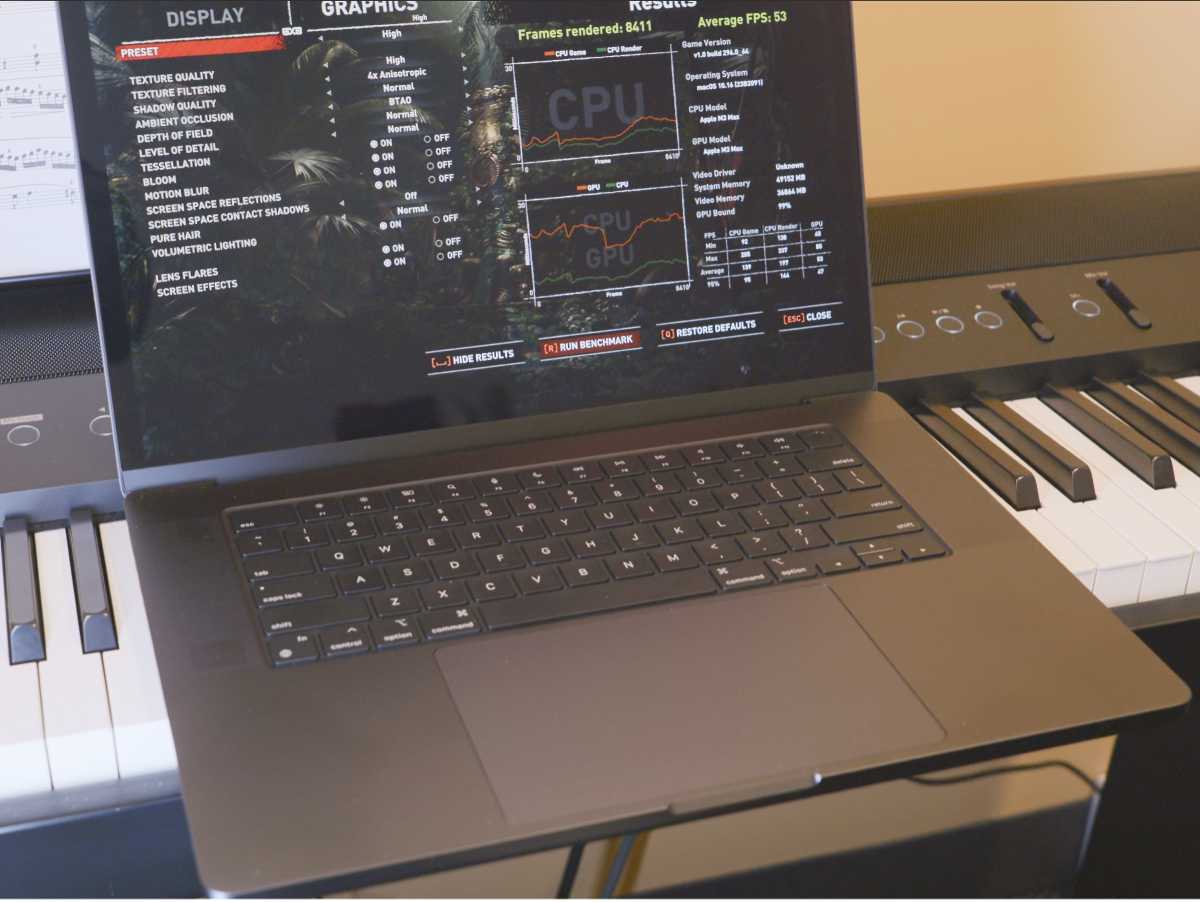
Users can confidently work without being plugged in for several hours.
Thiago Trevisan
In macOS’s Battery System Settings, owners can toggle on High Power Mode even while using the battery. By contrast, unplugging a high-performance Razer Blade 16 Windows laptop significantly hampers performance. The 14-inch models have an 18-hour battery life, and the 16-inch models have a stellar 22-hour battery life.
The 14-inch MacBook Pro with an M3 or 11-core M3 Pro comes with a 70-watt power adapter. The 14-inch MacBook Pro with the 12-core M3 Pro or M3 Max includes a 96W USB-C power adapter. All of the 16-inch models include a 140W power adapter. All of the models include a USB-C to MagSafe cable that works with the power adapter.
M3 MacBook Pro: Performance
The MacBook Pro with M3 Max walloped my 2019 Mac Pro when it comes to performance. It’s not surprising that processing with ProRes and other codecs (such as H.265) are dominant on Apple silicon over Intel, but the processing prowess has even caught up to GPU-heavy tasks such as R3D Raw.
When taking names, the new MacBook Pro M3 Max did not stop at the 2019 Mac Pro. The M3 Max is also alarming close to performing as fast as the current fastest Mac Studio with M2 Ultra in many scenarios.
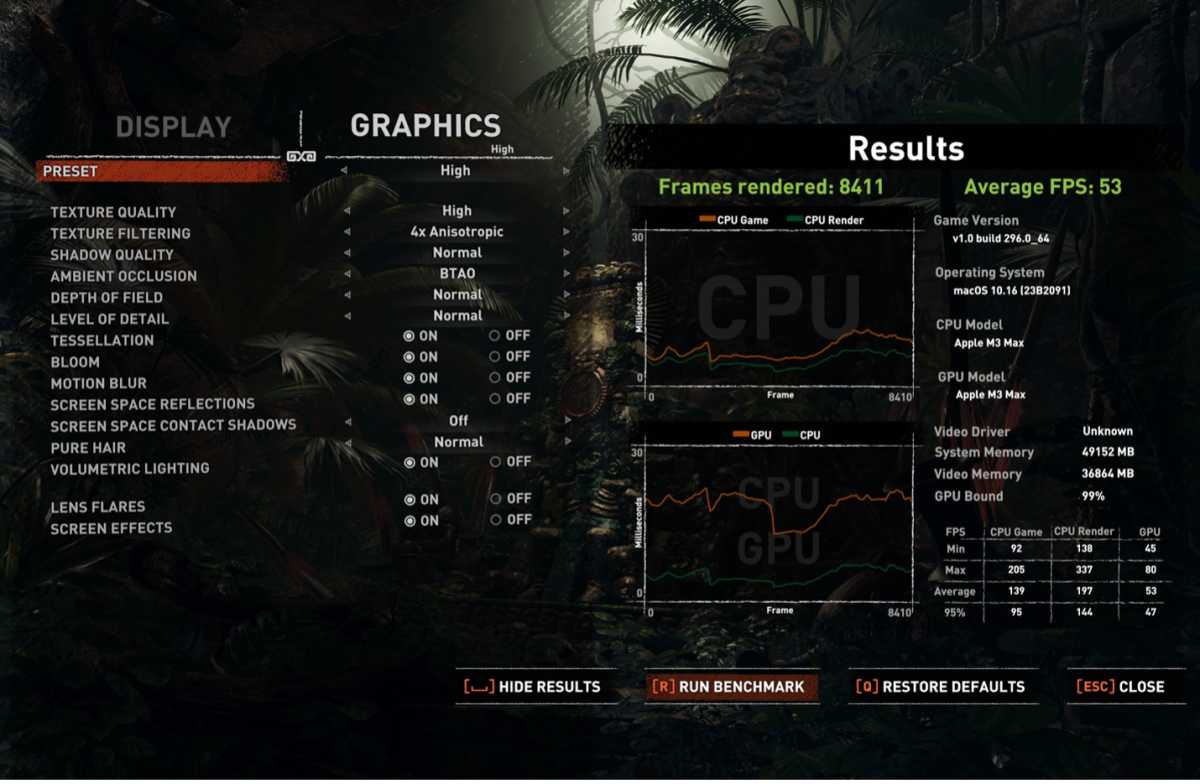
Gaming performance on the M3 MacBook Pro shows Apple’s continued improvement in this area.
Thiago Trevisan
GPU gaming performance is improved but not quite on the level of an Nvidia GeForce RTX 4090 GPU. With hardware-enabled ray tracing and mesh shading, typical game performance is solid on many supported titles. The ProMotion Liquid Retina display can go up to a refresh rate of 120Hz, making even PC gamers turn their heads in admiration.
While the M3 MacBook Pro is squarely aimed at owners of older Intel-based Macs, the performance improvements are significant enough to warrant some curiosity on the part of M2 Max MacBook Pro owners, even though that laptop isn’t even a year old. The lengthier upgrade cycles due to Apple’s dependence on Intel are no more, but M2 Max owners should not upgrade.
There is no denying that the evolution of Apple silicon performance is stunning, and the capability of the M3 chip series surprised me, as undoubtedly it will also surprise new owners, too. Don’t be afraid to leave that big desktop at home, the M3 MacBook Pro is more than able even with more GPU-centric tasks.
M3 MacBook Pro: Other things to know
The Touch Bar, once a touted feature on MacBook Pro, is completely gone. Most users seem to prefer real physical buttons, so that feature never gained any significant popularity.
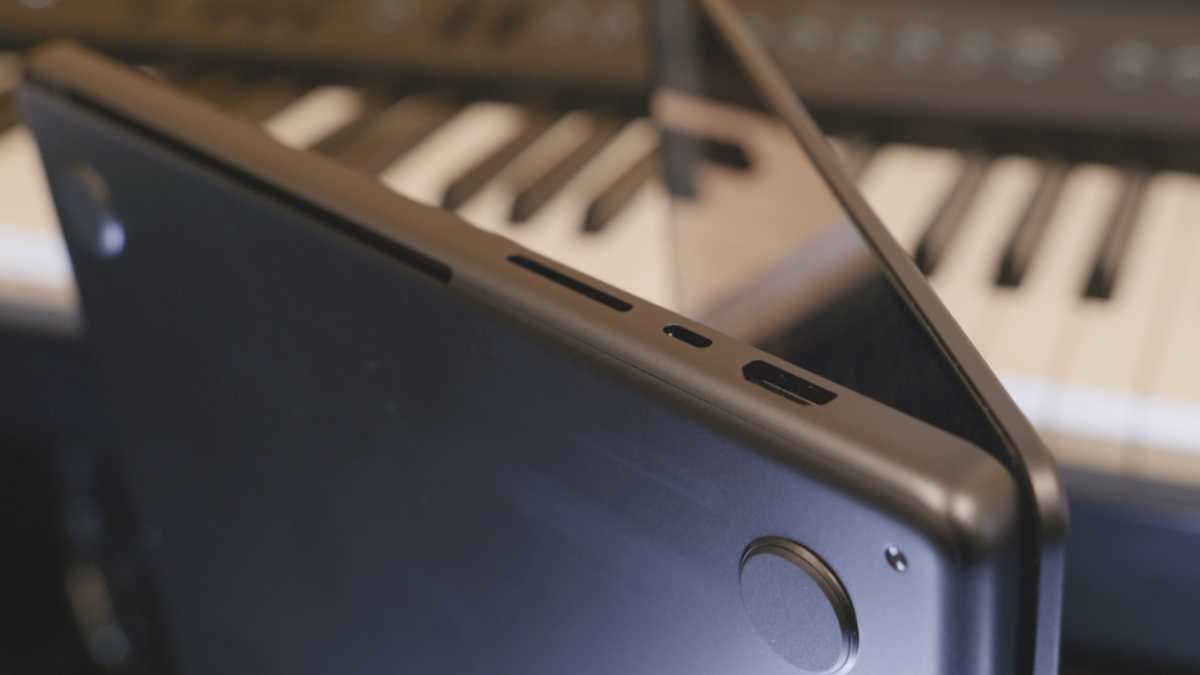
The M3 MacBook Pro models include an HDMI 2.1 port, as well as Thunderbolt 4/USB-C ports and an SDXC Card slot.
Thiago Trevisan
Connectivity is ample for most users. The Thunderbolt 4 ports mean that connected external drives will be snappy. The ports are backward-compatible with USB-C for your other devices, too. The 16-inch model gets a third Thunderbolt port compared to the two on the 14-inch model. The laptops include an SDXC memory card slot for cards used with cameras and other devices.
Most users love using the XDR Retina display with HDR and the 120Hz ProMotion variable refresh rate. Keep in mind that the standard M3 MacBook Pro can only connect one external display. For up to four displays, you’ll need an M3 Pro or M3 Max.
What remains, however, is the standard 8GB unified memory configuration for the base M3 MacBook Pro. While Apple has argued that its unified memory makes it better than 8GB of RAM on a Windows machine, you should upgrade to at least 16GB for regular usage and productivity work. Users with heavier workloads will benefit from even higher memory amounts. For extreme power users, you can opt for a whopping 128GB of memory–this configuration is typically needed only by users doing memory-heavy tasks or using GPU-intensive applications.
It’s certainly in your best interest to customize these MacBook Pros with a little more than you think you’ll need since they’re not upgradable. Much like the Mac Studio, the hardware is locked in. No memory or SSD upgrades are available after purchase as you find on a typical Windows laptop.
M3 MacBook Pro: What’s next
The M3 MacBook Pro lineup (especially the blazingly fast M3 Max) was a surprisingly powerful update to the already potent M2 machines released in January of 2023. While these M3 laptops won’t see an upgrade for a while, M3 Ultra Macs are surely next on the horizon. Likely only being equipped in the desktop Mac Pro and Mac Studio machines, performance will reach a new apex. If it’s the ultimate in performance you are looking for–regardless of it being on a desktop Mac or a laptop–you’ll have to wait until the spring of 2024, or at WWDC in June.
With Intel CPUs being long gone, it also means that Apple has a lot more flexibility in its upgrade cycle since they’re using its own silicon. That means we can expect the next iteration of MacBook Pros to pack even more of a punch and a steady timetable for new releases.
Apple 16-inch MacBook Pro (M3 Max, 2023)
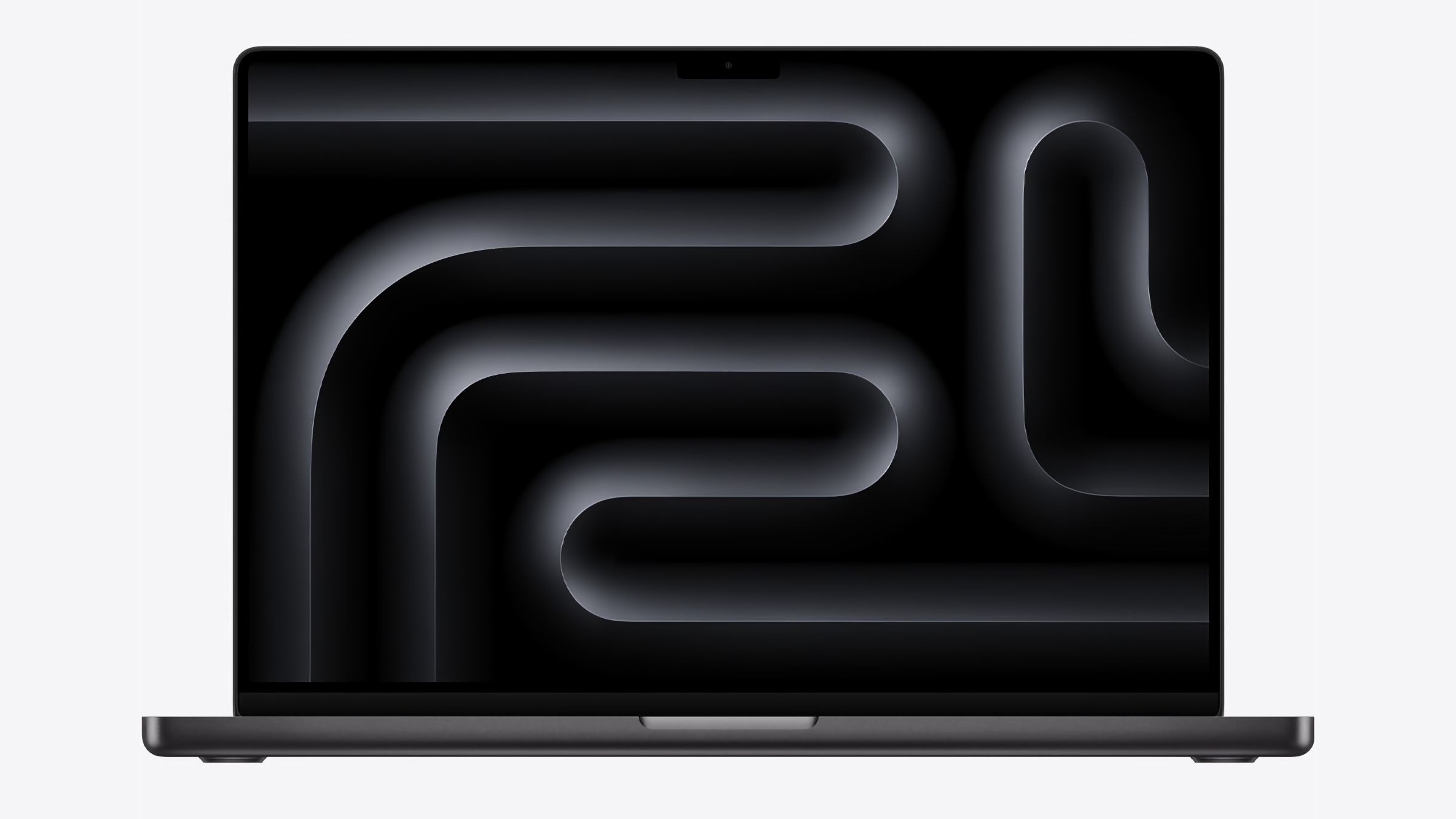
Apple 14-inch MacBook Pro (M3 Max, 2023)
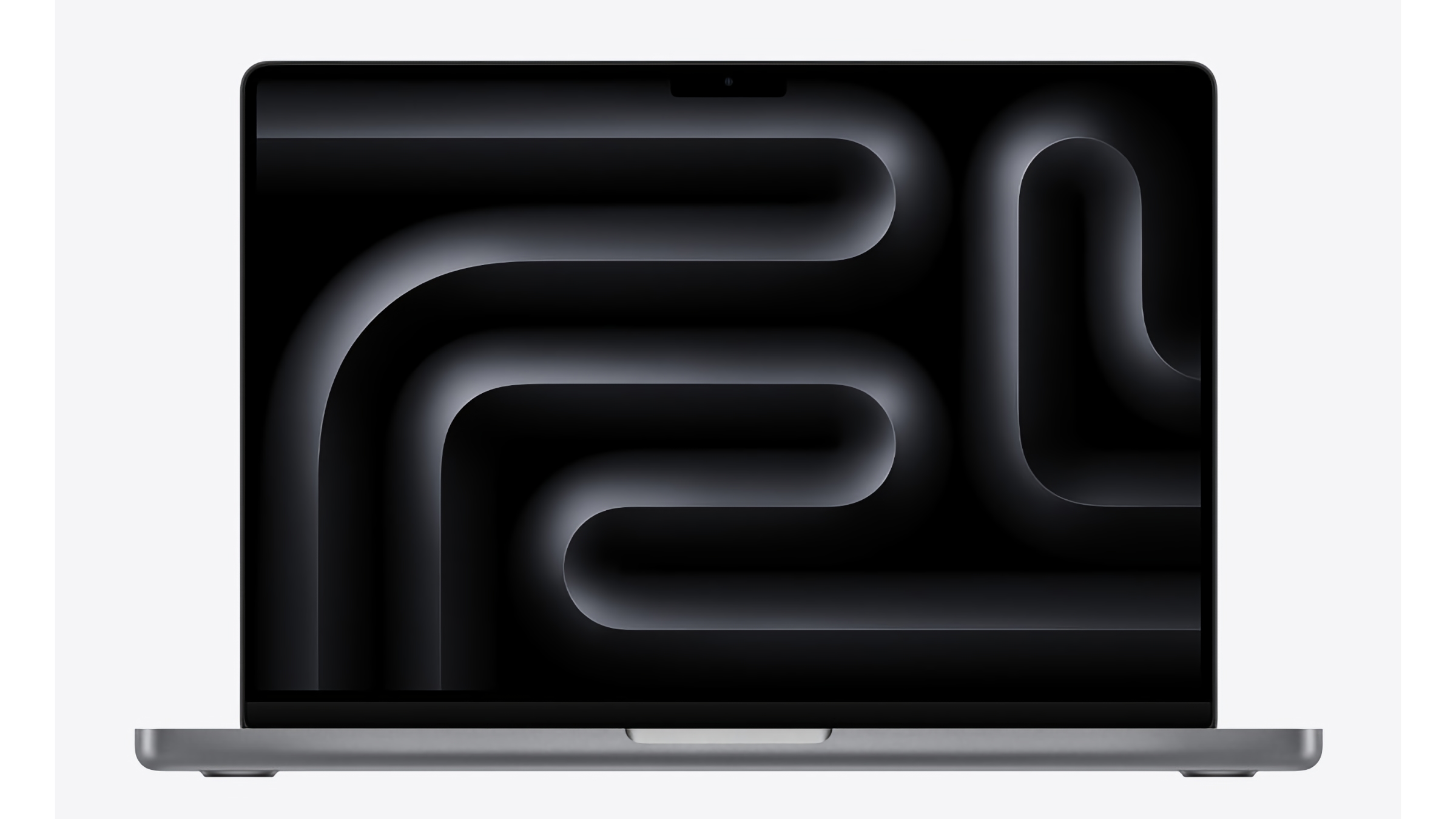
Apple 14-inch MacBook Pro (M3 Pro, 2023)

Apple 14-inch MacBook Pro (M3, 2023)

